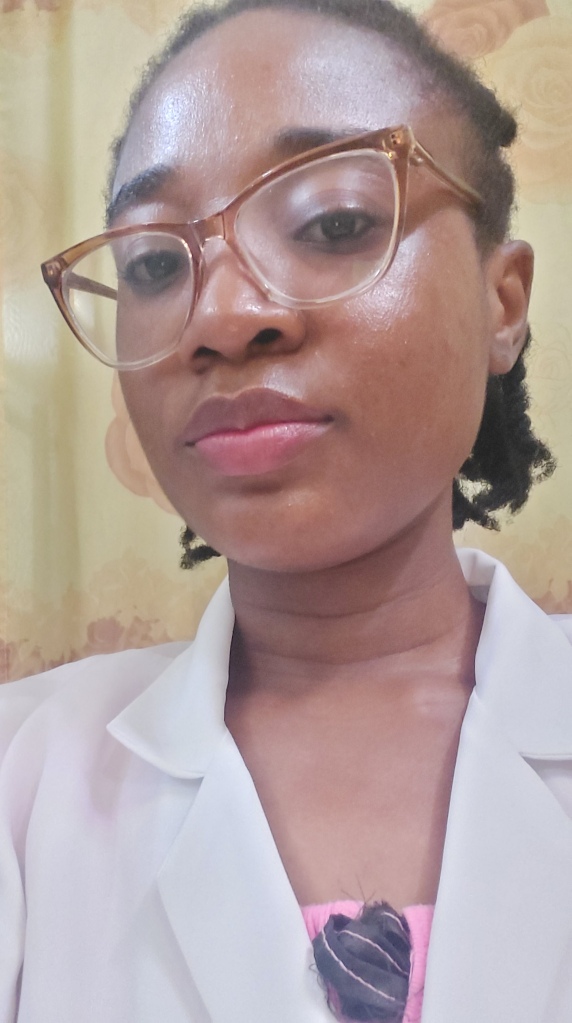PREAMBLE
Hello and welcome here.
We are gradually getting to the end of this series.
If you have ben following, thank you. If you recently joined, thank you for entering this bus.
Let’s ride in…..
CHILLING UNITS
Unlike, what I heard I was not going through the same stress I had gone through in the previous unit.
The units I had been placed in for the first 4 weeks of my stay in this department were bearable and I had enough time to rest, think and plan.
I was learning as well but nothing felt rushed or overwhelming, I was finding myself bearing the difficulties of the unit.
Some of my colleagues were like “You are lucky” and I would respond with “It is a reward for the difficulties I faced in Cardio”.
For the first time in a long time, I was able to go home at reasonable hours and sometimes have free time to mentally clear up.
ON THY FEET
My calls were different.
I did more labour ward calls and they were busy.
We were handling more than one life at the same time and that meant our attention were divided.
Because of limited hands, we had to attend to multiple needs and still make sure we did not lose track of what we were doing. Lives were on the line and they depended on the decisions that we made.
N.B: I use we because it is a team work.
Also, due to limited materials and supply we basically had to make use of what was available, or use our own stock especially for patients that came unprepared or referred from other health centres.
I could be handling an emergency in the labour room and get a complaint from the wards and then the decision to pick the more life threatening situation would have to be made instead.
One incident I remember vividly was one where I was attending to a patient around 1 am, listening to her complaint and write the specifics of her complain to come to a presumptive diagnosis when a woman was carried inside. She was heavy and could not walk on her own neither was she carried well. She was half dragged as gently as possible. Her companions had come in first “Doctor Doctor!” their voices were loud. I was sleepy and tired and I was not excited to see them. I raised my head slowly for my attention had been distracted from the patient I was attending to.
I saw her and I knew she was not a simple case. She looked drowsy and unwell. I immediately asked that she be taken to the examination room while I spoke with her companions who were her relatives- husband and friends. I saw the results they came with and from the history they gave, the diagnosis was sinister. I afterwards informed my seniors while I tried to write out the necessary materials to get and tests to do.
While her relatives were trying to get the necessary materials, I began trying to attend to the now new patient with my reserved medical supplies. The previous patient I had been attending to, I quickly completed our interaction, her complaint was a mild one and necessary prescription and assurance given.
The patient I was now attending to was hysteric, she was not merely drowsy, her orientation was poor. Her arms had been poked many times from the centre she had been referred from and I was struggling citing a good intravenous line. Her respiratory rate was high and oxygen was to be administered when she began violent and refused every form of handling. This was a risk for me as the sharp end of the cannular I was attempting to insert was exposed. I could not continue the procedure and had to stop. Though hysteric she insisted on refusing our intervention. Her family members were informed and we took a step back for we could not force our management on her.
Time passed and after much persuasion and finally intervention by my seniors, her intravenous line was cited and she was placed on oxygen.
Sadly, she was having sepsis and it had gotten to the sinister stage. Her temperature was beyond the grading on the thermometer and the decision to take here to the ICU was made as her respiratory rate as well had remained high and her assessment was poor. On the way to the I.C.U, she passed.
I did not sleep all of that night and this experience took a toll on me.
The painful cries of her husband and friend pierced deep
PTSD
I did not take notice but on this day, I realized that being a doctor was a risk factor for PTSD. I had witnessed a lot of deaths by this time and it was in that moment I felt the numbness of everything.
There was a patient I had spent my night on as well, she was been managed for DIC (Disseminated intravascular coagulation). Still passed after all the combined efforts to keep her alive.
I remembered all the patients I managed that passed especially those I had developed cordial interaction with or had gotten fond of. The dark emotions came sweeping, the realization that I had just seen a person alive and also seen them dead within a short space of time was palpable to me.
It is a reason I believe some health personnel dissociate from patients because the pain eats deep with time and leaves you numb because you still have to face other patients.
The job still has to be done.


I will continue my journey in the next part.
If you are enjoying this, give it a like and kindly share.
If you also want to leave a comment, the comment section is open for you.
By the way, YOUTUBE and PODCAST pages have been busy as well. You may check them out too.
Stay safe and God bless.
#W.O.L.A.P

